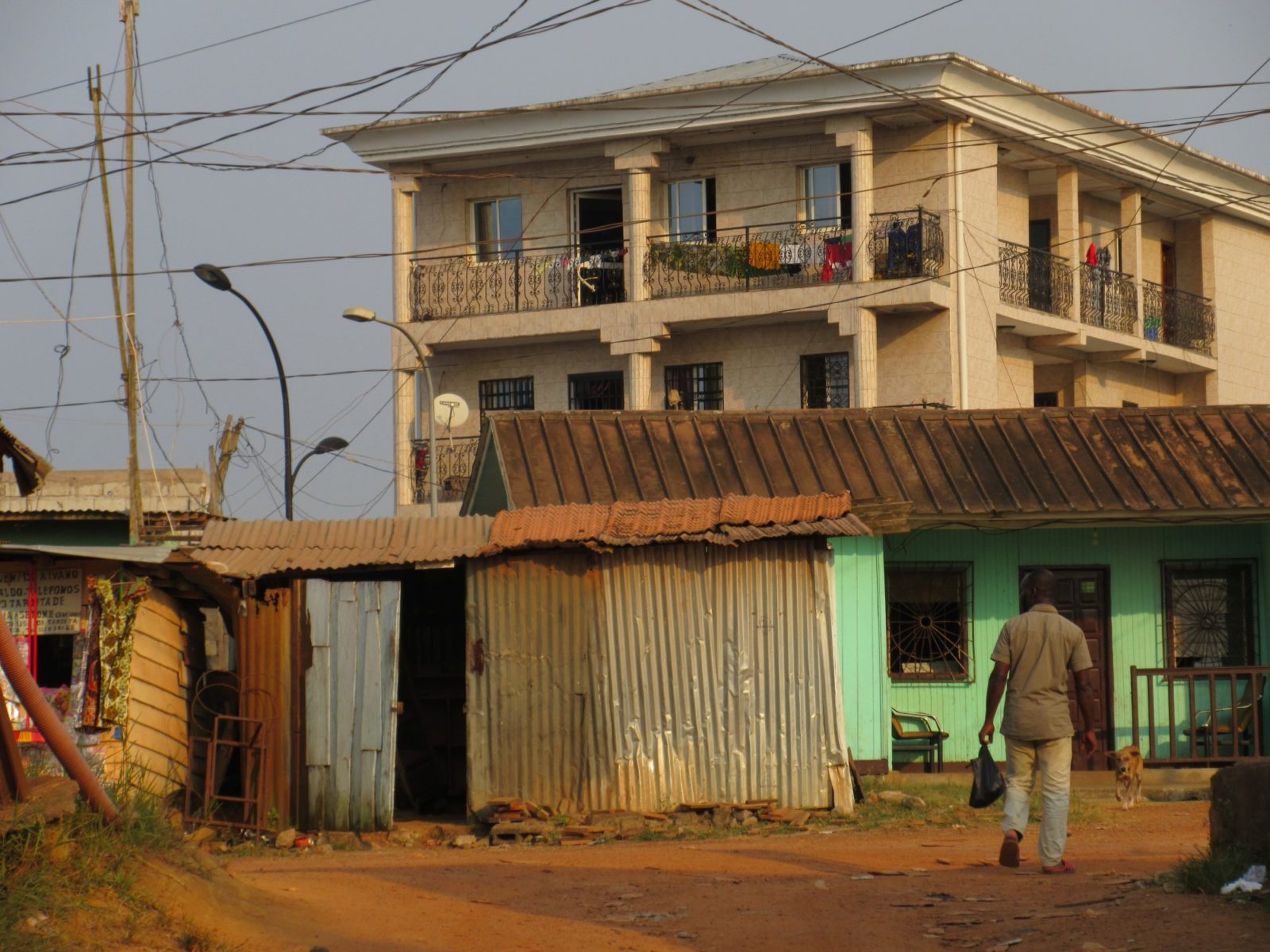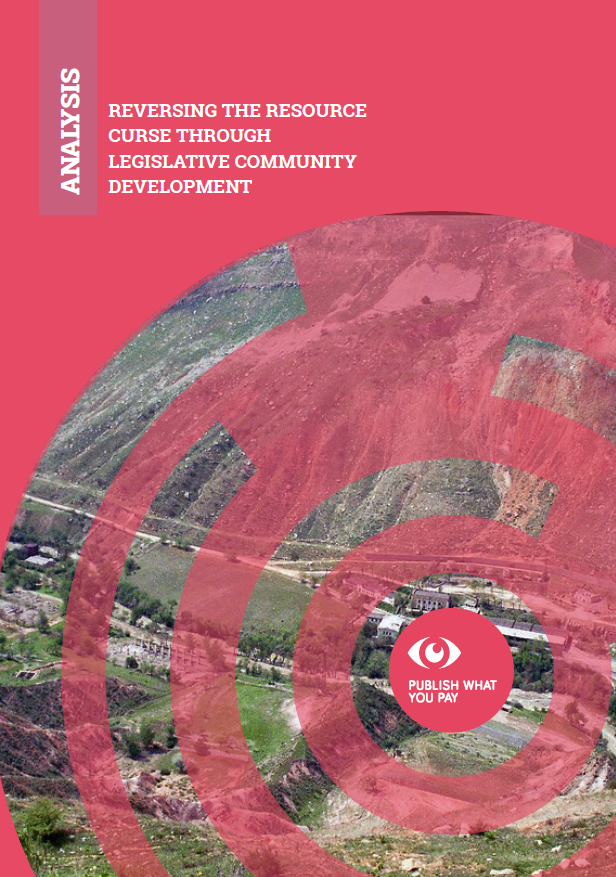Far from the buoyant football stadiums hosting the Africa Cup of Nations, civil society groups gathered in Equatorial Guinea’s main cities, Malabo and Bata, to elect their representatives to the local EITI decision making body. PWYP was present during those unprecedented elections and reports back.
The morning was long – and sweaty. The civil society activists that gathered that Saturday to elect their representatives had the privilege of being hosted by the Delegation of the Ministry of Mines, Industry and Energy but had to go without air conditioning as the room came without electricity. Indeed Equatorial Guinea is known for its many paradoxes, notably the paradox of plenty. Despite its natural riches Equatorial Guinea fails to provide basic services – such as running water, a functioning health or education system, reliable infrastructure and others – to its citizens. Poor governance of oil revenues, which make up to 90% of the national budget, has led to little development for the 740 000 citizens who live in Equatorial Guinea.
It is in this context that international actors such as the World Bank, transnational oil companies including Exxon Mobil and Hess Corporation, as well as members of the PWYP coalition, have called on the government to implement the Extractive Industries Transparency Initiative (EITI) as a first step towards a more accountable governance of oil resources in Equatorial Guinea. After announcing its intention to join the EITI in 2006, Equatorial Guinea effectively implemented the EITI between 2008 and 2010. But in April 2010, the EITI International Board decided that the country was not meeting the requirements, particular with regards to ensuring the free participation of local civil society. When delisting Equatorial Guinea that year, the international Board encouraged the government to re-apply as quickly as possible. It took a few years but the Ministry of Mines, Industry and Energy has been taking the lead over the past months in preparing the country to re-apply and a series of informative workshops were organised in Malabo and Bata last autumn.
The next step was the establishment of the local multistakeholder group (MSG), which would be responsible for the implementation of the EITI at the national level. Representatives from extractive companies, state agencies involved in the EITI implementation and from local civil society, all have an equal say in the decision-making process. Yet, while in 2008, the government unilaterally nominated civil society representatives to sit on the MSG in Equatorial Guinea, it was clear that this approach would not be an option in 2014. Not only did the rules of the EITI change in 2013 with the adoption of the new Standard, which proscribes any government interference in the selection process of civil society and company representatives to the MSG; local civil society groups have also coalesced in 2011 to form a coordinated network, the Coordinadora, thereby forming a united front. This is how the member organisations of the Coordinadora refused to recognise the government appointed civil society representatives in 2012 and succeeded in obtaining the cancellation of the initial nomination, in favour of an open and independent selection process.
The latter was carried out by the coordinating entities of the Coordinadora. The EITI workshops, to which many CSOs were convened, were used as an opportunity to consult on selection criteria and process. Seven criteria, including having EquatorGuinean citizenship, having received training on EITI or not holding a high position within an extractive company or the state administration, were collectively approved and a call for application was broadcasted on national television and radio. Turn-out in Malabo and Bata was good with a total of approximately 50 people, representing around 30 different organisations. Five civil society representatives were chosen in each city and the ten selected representatives will have the opportunity to vote and choose who amongst them will have a full and alternate position.
The ability to hold independent elections represented a victory for local civil society and was perceived as important progress towards ensuring a free, effective and independent civil society participation in the EITI, which is still seen as the key sticking point of a renewed candidature.
Indeed civil society activists face significant legal and practical obstacles to being able to operate independently in Equatorial Guinea. Gatherings of more than ten people require obtaining official permission, as does work with local communities for instance. Availability of funding is very scarce – while an official support fund worth millions of dollars does exist, an opaque management does not allow to track how those funds are being allocated and for what purposes. Moreover, foreign funding remains officially banned. Equally, if not more worrying are the arbitrary detentions and retributions to individuals who dare speak up against the regime. In April 2010 Alfredo Okenve voiced concern at a conference in Washington about how the government was handling its oil wealth, as a result he was immediately sacked from his university post. These types of retributions have had a chilling effect on the freedom of expression in a country where state-controlled media are almost the only source of information.
Publish What You Pay welcomes the encouraging but small strides made by the Ministry of Mines towards preparing for renewed EITI membership. Yet it urges the government to implement more substantial reforms to allow for an environment in which civil society can fully and actively contribute to the EITI process.











